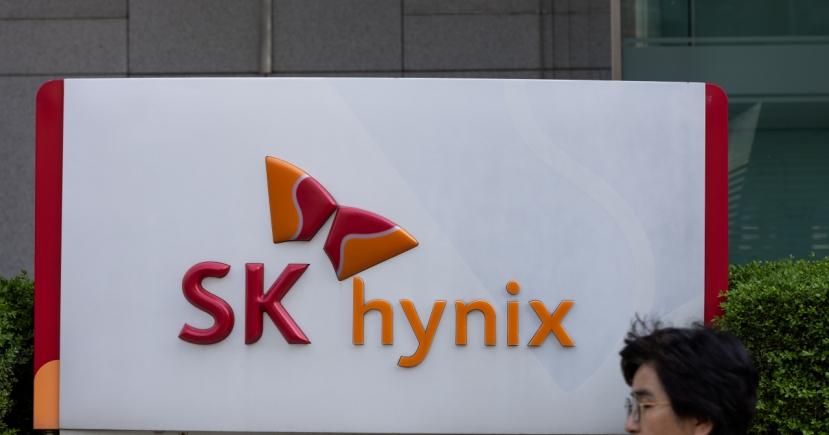Economy
Signs of global recession haunt S. Korean economy
A shadow of global recession looms over key economies as major markets have been dealing with some of their worst days in recent weeks. This is sparking concerns that chances of recession may also be growing on home turf, in South Korea.
Last week, the yields on US 10-year Treasurys fell below two-year yields for the first time since 2007 – a phenomenon known as an inverted yield curve. Investors and experts alike are regarding such trend with wariness -- every recession in the last 60 years has been preceded by the yield curve inversions.
 |
“Every time the US 10-year Treasuries fell below two-year yields, an economic recession came within a time frame of 18 months, which is why we have to be concerned,” Kong Dong-rak, an analyst at Daishin Securities said.
“Even if it does not result in a recession, it is definitely a strong sign of a deepening economic slowdown,” he added.
South Korea’s own 10-year yields also plummeted to a record-low of 1.172 percent as of Friday afternoon. Three-year yields meanwhile, fell to a new of 1.095 percent, leading to a yield gap of 7.7 basis points, marking the lowest since Aug. 12, 2008.
With yields for government bonds dropping sharply, and the amount of South Korea’s trade taken up by the US, local analysts are voicing concerns that such strong signs of a recession may prompt the Bank of Korea to trim its benchmark interest rate to a record-low of 0.75, next year.
Goldman Sachs on Friday slashed South Korea’s economic growth forecast for the rest of 2019 from the initial 2.2 percent to 1.9 percent, while lowering next year’s from 2.3 percent to 2.2 percent. The BOK is projected to cut its key interest rate from the current 1.5 percent to 1.25 percent in October, the report released by the global investment giant added.
The BOK has already cut its key rate this year, in a move from 1.75 percent to 1.5 percent that came earlier than expected. It was the central bank’s first rate cut since June, 2016.
The BOK has no choice but to make further aggressive rate cuts, according to Kang Seung-won, an NH Investment & Securities analyst.
“The rate is projected to fall to 1 percent by the first-quarter of 2019 and the central bank will mull an additional cut to 0.75 percent after that,” he added.
On exports, South Korea’s outbound shipments reached $46.1 billion last month, down 11 percent on-year, data compiled by the Korea Customs Service showed. Exports to China fell 16.6 percent on-year in July, while US-bound shipments also shed 0.7 percent, in the period.
The growing concerns come amid an ongoing trade row between Seoul and Tokyo on key materials needed for South Korea’s production of semiconductors and displays, among other economic risks, including the US-China trade war.
Experts are citing the trade war between the world’s two largest economies as a major reason behind the jittery global market.
Germany recently announced a shrinking gross domestic product, and China also announced its lowest industrial production growth in 17 years.
By Jung Min-kyung / The Korea Herald (mkjung@heraldcorp.com)








